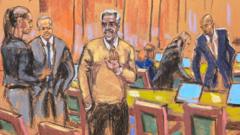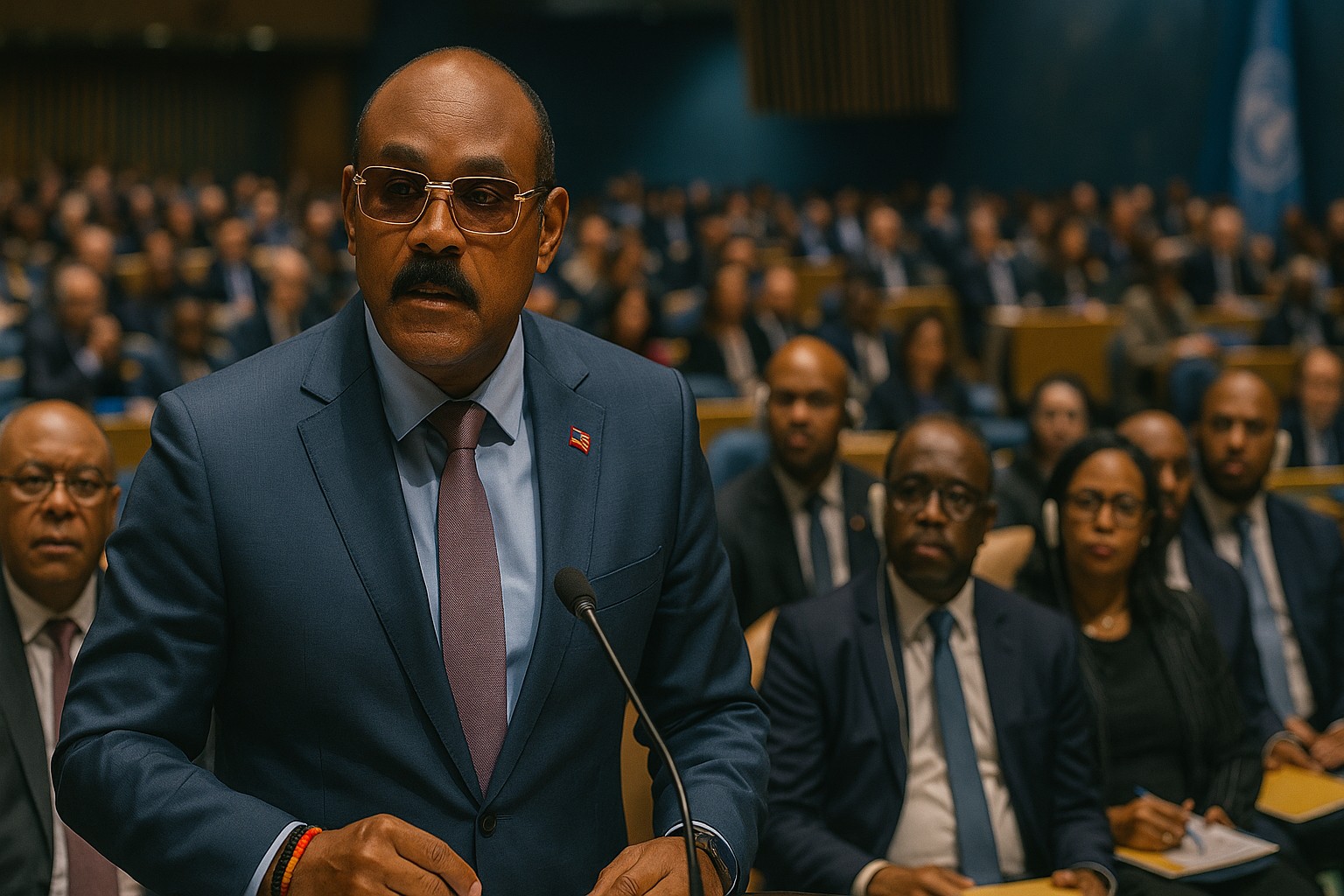Sean "Diddy" Combs' defense team brought their case to a close Tuesday in an unexpected brief presentation that lasted only 20 minutes during his high-stakes sex trafficking trial. This marks a stark contrast to the nearly seven weeks of testimony and arguments put forth by federal prosecutors in New York City. The prosecution concluded its case on the same day.
Combs' attorneys maintained that the government had not sufficiently proven any of the charges against the music mogul, which he has categorically denied, and they urged the judge to dismiss the case. In a decisive move, Combs also announced that he would not be taking the witness stand himself, a decision he chalked up to discussions with his legal team. He has pleaded not guilty to several serious allegations, including sex trafficking, racketeering, and transportation to engage in prostitution, which could land him a life sentence if he loses the trial.
During a rare moment of speaking in court, Combs expressed appreciation to Judge Arun Subramanian, saying he felt he was "doing an excellent job." Prosecutors have accused him of leveraging his celebrity and business influence to orchestrate a criminal enterprise focused on sex trafficking, forcibly engaging women in illicit activities. The prosecution presented testimony from over 30 witnesses to strengthen their case against the rapper.
In a strategic move, Combs' defense refrained from calling any witnesses, instead opting to introduce text messages exchanged between the rapper and one of his former girlfriends, Casandra Ventura, and another accuser who testified under a pseudonym. Their tactic suggested that the relationships involved consensual sexual interactions, which they referred to as "freak-offs." One of the messages revealed a sentiment of enjoyment during these encounters, although the nature of these interactions remains heavily contested.
In a prelude to potential closing arguments scheduled for later this week, Combs' attorney, Alexandra Shapiro, highlighted that the alleged victims were independent individuals capable of leaving the situation voluntarily. Shapiro asserted that experiences of "regrettably violent" conduct should not equate to sex trafficking. Conversely, prosecutors have contended that the women were subjected to coercive tactics that ranged from substance abuse to physical violence.
As the trial progresses towards its conclusion, the narrative unfolds with a strong focus on the implications of personal agency and the definition of consent within the complex legal framework surrounding sex trafficking.





















